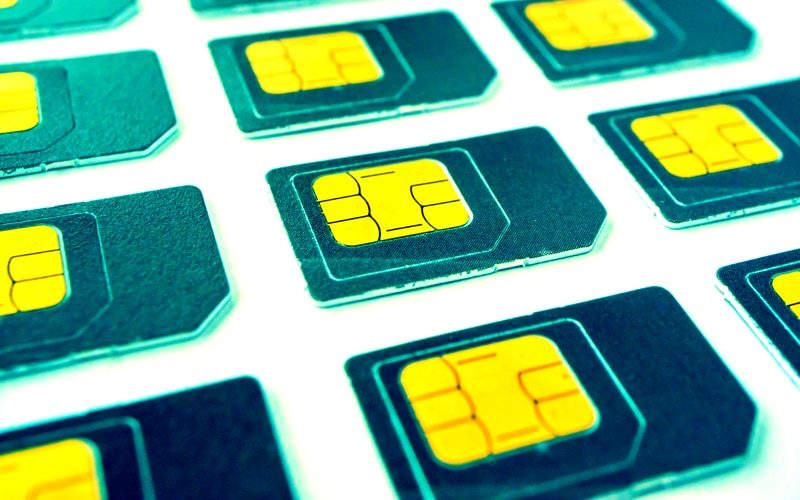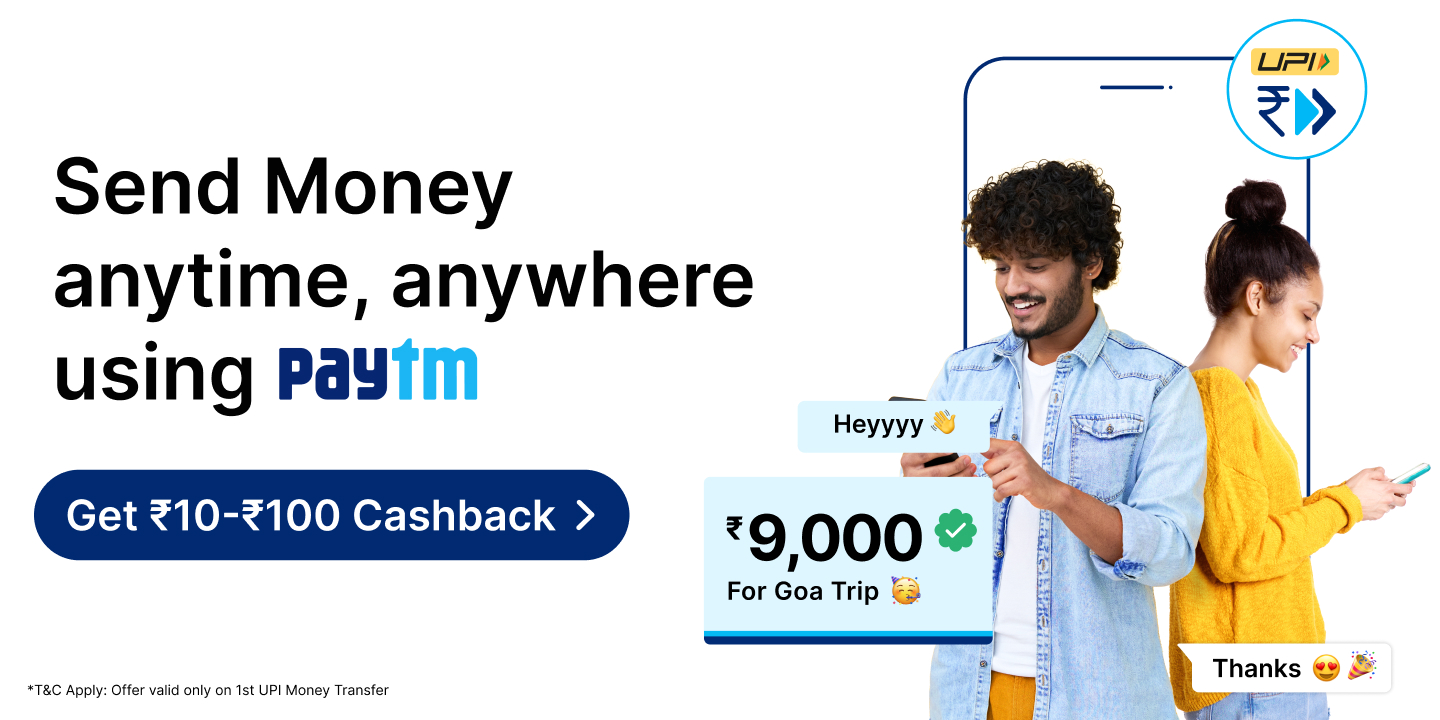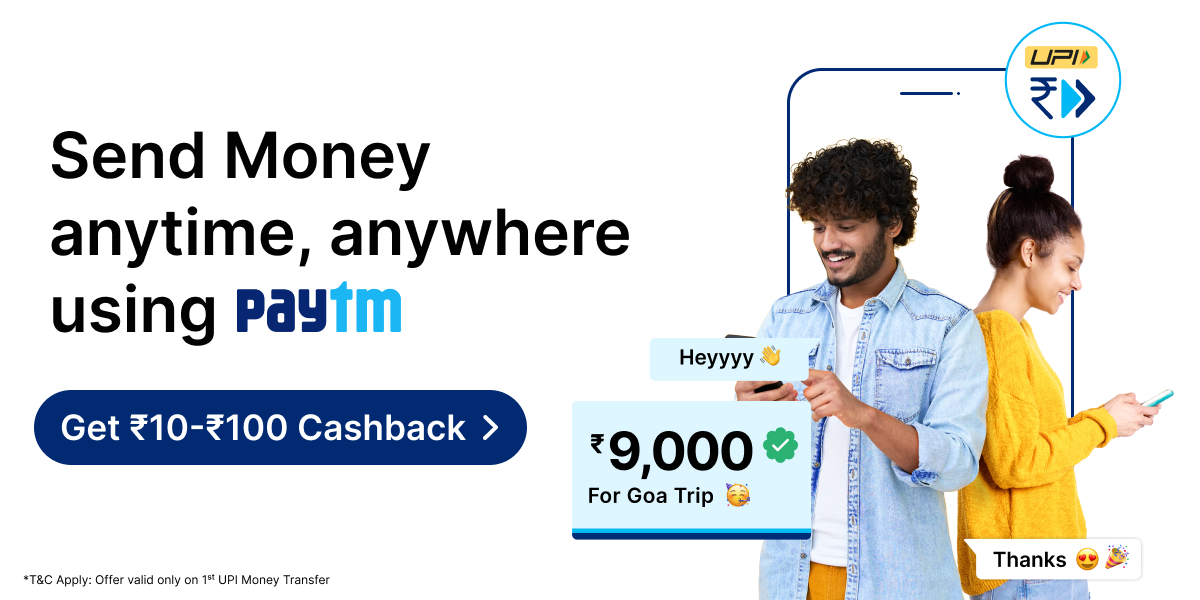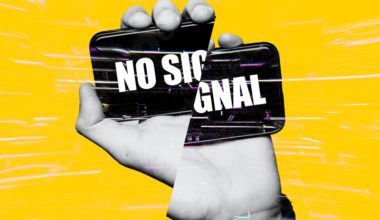Can you imagine not being able to call someone or use the internet for a while with such usage?
To avoid this, you should either recharge your phone before using it or pay the bill after you have used the services. A prepaid connection is one that you pay for before you use your phone’s services, whereas a postpaid connection is one that you pay after you use your phone’s services. Let’s take a closer look at both of these services!
What is a Prepaid Connection?
Prepaid, as the name implies, is a service that requires payment in advance. Every telecom provider in the country offers a diverse range of prepaid plans and add-ons to their customers. Any prepaid user can select any of the prepaid plans that meet their needs and recharge with add-on packs like top-ups as well as talktime top-ups if their prepaid plans are insufficient.
What is a Postpaid Connection?
In a postpaid connection, users receive services from cellular providers and are then asked to pay the bill at the end of the billing cycle. Users, like prepaid subscribers, can select from a variety of postpaid plans offered by their operators. Their postpaid bill, as well as their consumption, will be covered by the plan they have chosen.
Difference Between Prepaid and Postpaid
So we already know that with a prepaid connection, one must pay in advance, whereas with postpaid, there is no upfront payment but one must pay the bill after the billing cycle. But this is not the only difference between prepaid and postpaid connections.
Other differences can be found in their plans, costs, internet connection speed, and so on. These factors may differ from one cellular service provider to the next, but let’s compare prepaid and postpaid connections to see which is a better fit for you.
How Prepaid Can Be Better Than Postpaid?
Prepaid connections can be an excellent choice for students and those looking for cost-effective options. This does not imply that postpaid connections are more expensive (they may get costlier sometimes). Furthermore, with prepaid connections, you can select plans that fit your budget and recharge with the prepaid plans whenever you want.
How Postpaid Can be Better Than Prepaid
Postpaid connections may be preferable for people with fixed salaries because they can easily pay their postpaid bills once their salaries are credited to their account. Postpaid connections are ideal for people who require a consistent contract with their cellular providers and do not want to top up on a regular basis.
Another advantage of having a postpaid connection is that some of them offer free OTT platform subscriptions
Other advantages include the fact that you do not need to top-up even if you have used up your allotted data or calling minutes; exceeding the limits will be reflected on your bill. Furthermore, operators provide group packs for businesses at reduced rates, with free calls among group members.
Conclusion
Both prepaid and postpaid connections have advantages and disadvantages, and one may be more advantageous than the other depending on the user. You can compare the plans of the same operator to see how much it will cost you for similar services. If you don’t want to deal with topping up right now, postpaid may be a better option. If you are concerned about overspending and bill shock, prepaid is the way to go.
Get Rs.10-100 cashback on first mobile bill payment, Pay Now!








